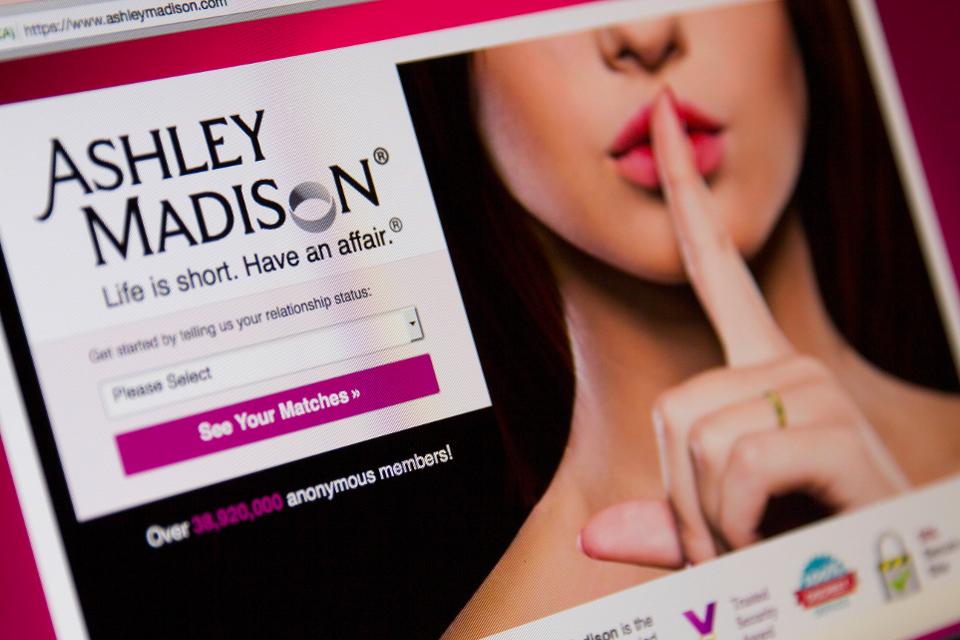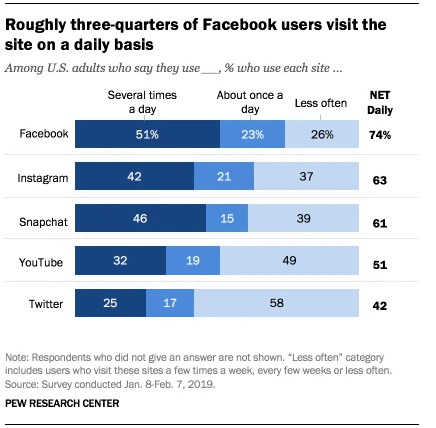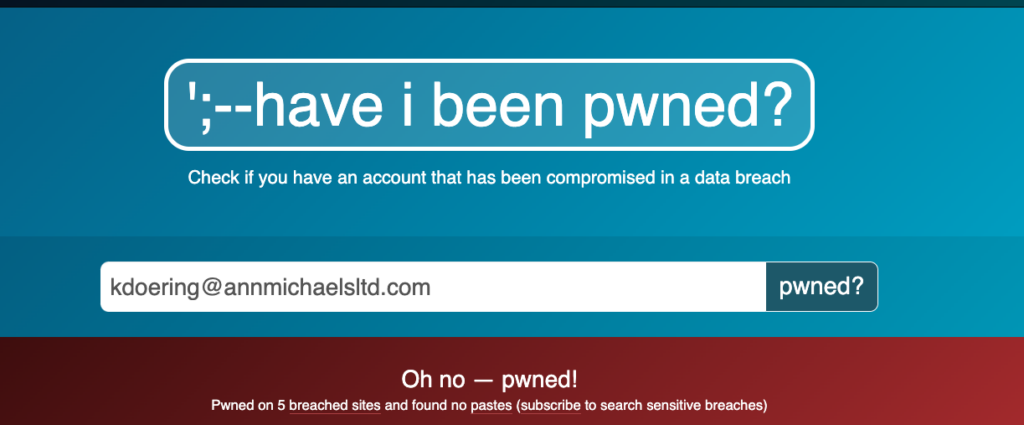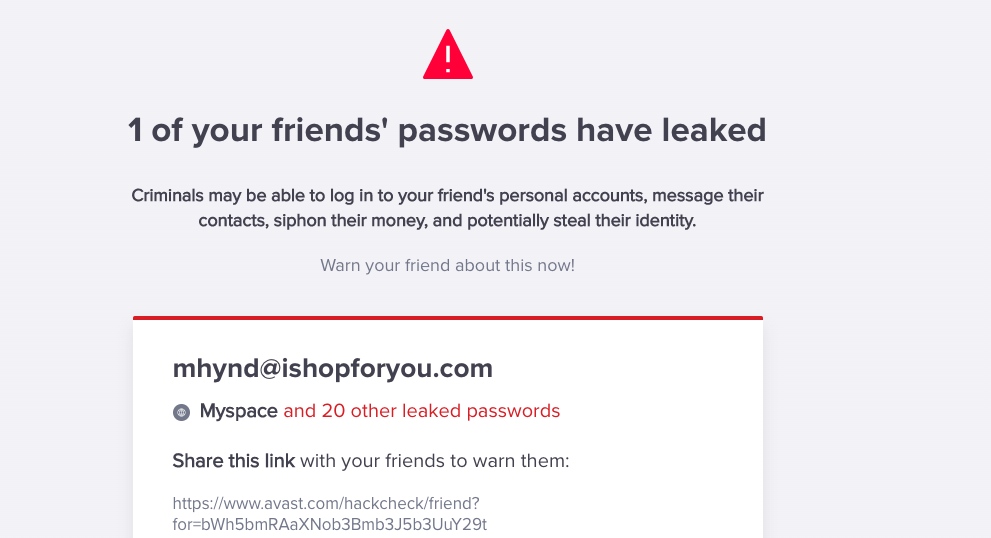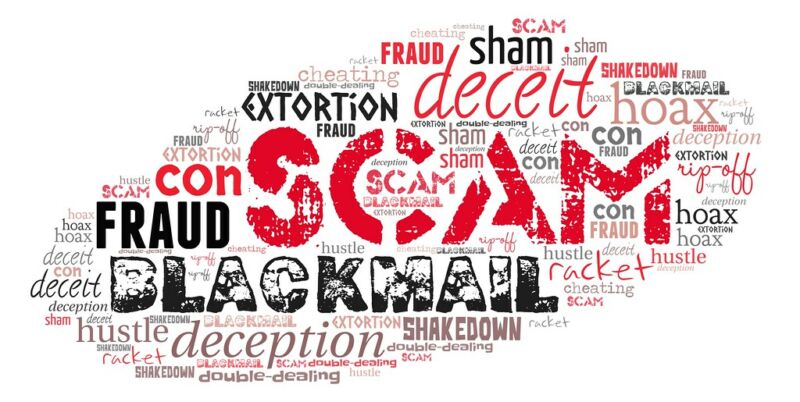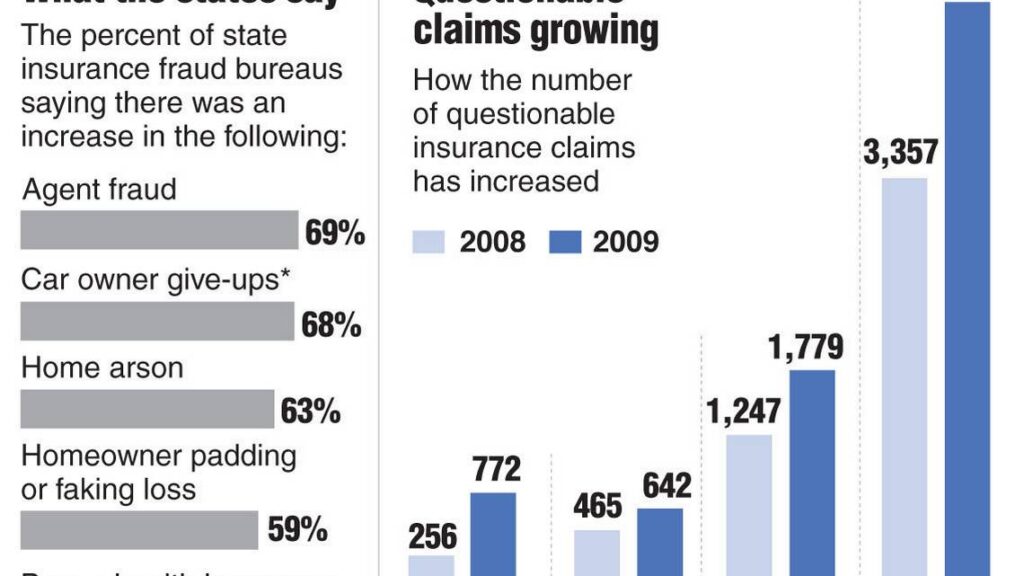We see our fair share of infidelity cases in which a Private Investigator wants to conduct a deep web scan on the person accused of cheating. This is always a mixed bag for us because there isn’t any software out there than can pull any or all data from dating sites. Most dating sites are password protected sites and require the user to have an account in order to search. And sometimes it is even hard to search when you have set up a fake account.
If you are willing to take the time to set up fake accounts, it may be worth it in the long run. This is especially true if you take on cases like this. You may even find it helpful in other online investigations too. Here is how.
Dating Sites
Match.com
- Must have an account to search.
- Create a fake account to get started.
- Change your settings so you can be invisible and therefore not be able to be “searched”.
From there you can search. This is a great place to start any OSINT investigation because if a person is on a dating site, chances are they will be much more open there. You may be able to gather quite a bit of information that will help you locate your target on other sites, such as social media.
There are a lot more photos. Most people on a dating site want people to see them and therefore you will have more to go on.
Ashely Madison
Ashely Madison was hacked in 2015. Back then, hackers calling themselves the “Impact Team” stole 32 million records from users of the world’s leading extramarital affair site. As datasets go, this is one that’s tailor-made for extortion. Many people claimed to have the data dump, most proved to be untrue. I would bet that it made its way to the Dark Web however where information could be obtained for a fee and used in extortion cases. This one may be worth creating a fake account in. If you are not aware, it is designed for people who are married, but are looking to have an affair.
Meetup.com
This site is not exclusively used for dating. There are many different types of groups based on a particular interest. It may be a good one to dive into if you know some personal information on your target. For example, is your target a musician? There may be a group for that locally. It may seem like a long shot, but if you have the time, it could be worth the effort.
What About the Deep Web?
Diving into the deep web may help us to find a breadcrumb that could lead us to information that can help in surveillance. It may be a trend that is picked up relative to being part of the same forum, group or professional network. In cases like an infidelity case, the more data we have the better. One common thread, in discovering a cheating spouse, is the use of multiple email addresses. Try searching using all the email addresses because one of them just may be tied to a profile identifying the target. Almost any group or site online requires you to give an email address.
As you can see it is not always easy. While it may seem impossible, if you are willing to devote time to it, you may find what you are looking for.
